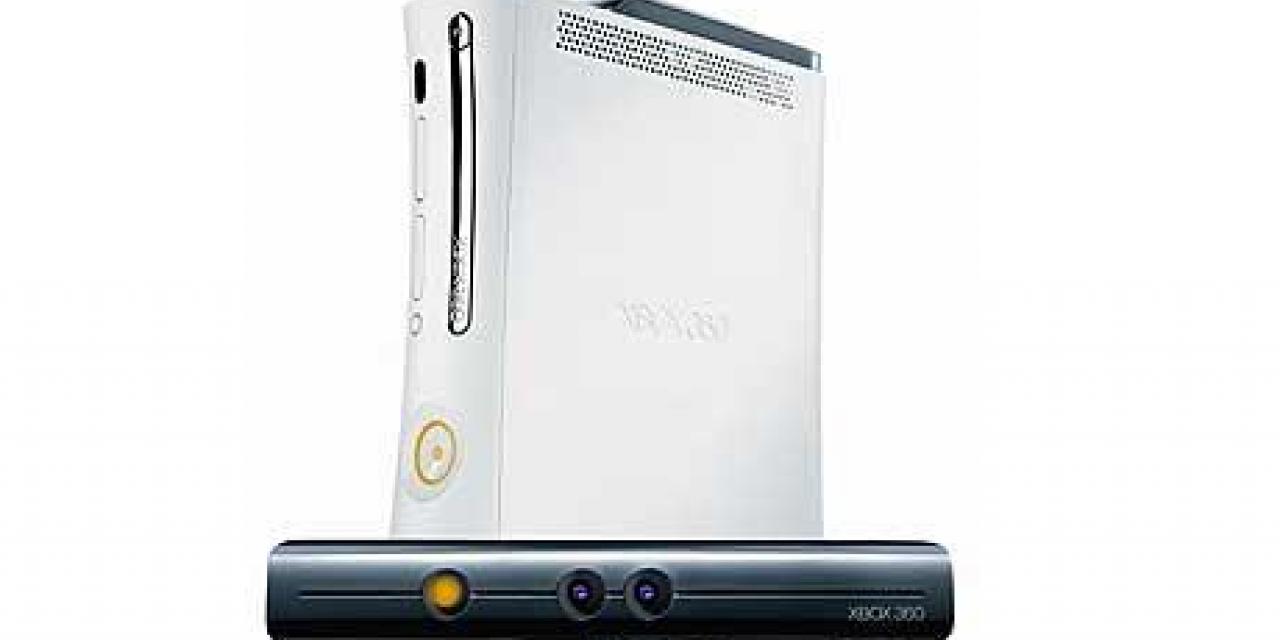
During Microsoft's Electronic Entertainment Expo (E3) briefing today, visionary filmmaker Steven Spielberg took the stage to introduce Project Natal and its controller-free gaming.
"Today with cultural visionaries at our side and controller-free gaming on our horizon, Xbox 360 authored a new page in home entertainment history," said Don Mattrick, senior vice president for the Interactive Entertainment Business at Microsoft. "For us, this E3 is about breaking down barriers - between generations, between games and entertainment, and most important, between video game players and everyone else - in a way that only Xbox 360 can."
Unveiled for the first time to the public was "Project Natal," (pronounced "nuh-tall") and a code name for a revolutionary new way to play, no controller required. See a ball? Kick it, hit it, trap it or catch it. If you know how to move your hands, shake your hips or speak, you and your friends can jump into the fun. "The only experience needed is life experience."
Compatible with any Xbox 360 system, the Project Natal sensor is the world's first to combine an RGB camera, depth sensor, multi-array microphone and custom processor running proprietary software all in one device. Unlike 2-D cameras and controllers, Project Natal tracks your full body movement in 3-D, while responding to commands, directions and even a shift of emotion in your voice.
In addition, unlike other devices, the Project Natal sensor is not light-dependent. It can recognize you just by looking at your face, and it doesn't just react to key words but understands what you're saying. Call a play in a football game, and players will actually respond. Want to log onto Xbox LIVE? Simply step in front of the sensor.
"The next step in interactive entertainment is to make the controller disappear," said Steven Spielberg. "With 'Project Natal,' we'll see games that bring everyone together through technology that actually recognizes us."
Microsoft said its shipping game design tools for Project Natal "today," so don't expect it until late 2010.








